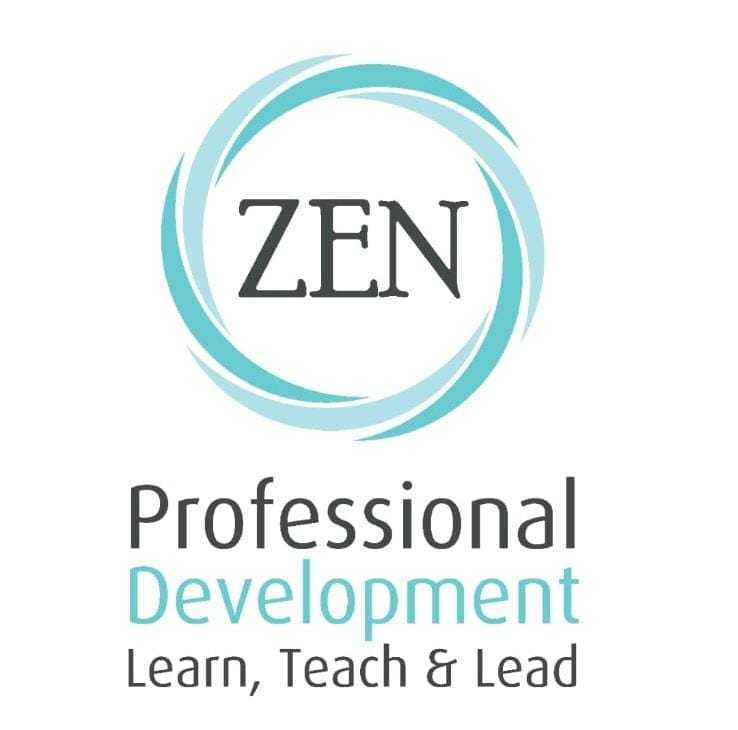Introduction:
In a world saturated with digital communication, it’s easy to assume we understand the messages being exchanged, especially between young people. However, recent media, like the Netflix drama “Adolescence,” highlights the potential for misinterpretation and the presence of hidden meanings within online interactions, particularly with the use of emojis. At Zen PD, we believe that cultivating mindfulness and open communication is crucial for navigating these complexities, both for ourselves and for supporting the younger generation.
The Complexity of Emojis:
“Adolescence” portrays a scenario where adults misinterpret a series of emojis, revealing a deeper, more troubling subtext. This dramatization serves as a powerful reminder that what might seem like simple online expressions can carry significant weight and even reflect harmful ideologies. The series sheds light on:
- Coded Language: How emojis and online slang can be used to convey meanings that are not immediately apparent, especially to those outside specific online communities.
- The Influence of Subcultures: The impact of online subcultures, such as those promoting misogynistic or harmful views, on how young people communicate and interpret messages.
- The Importance of Context: How the same emoji can have drastically different meanings depending on the context and the individuals involved.
Zen PD’s Perspective: Mindfulness and Open Communication:
At Zen PD, we believe that the issues raised in “Adolescence” underscore the importance of:
- Mindful Communication: Approaching online interactions with awareness and intention, considering the potential impact of our words and interpretations.
- Active Listening: Cultivating the ability to truly hear and understand others, both online and offline, going beyond surface-level interpretations.
- Empathy and Understanding: Striving to connect with others’ perspectives, especially when there’s a generational or cultural gap.
- Open Dialogue: Fostering environments where young people feel safe to express themselves and discuss challenging topics without fear of judgment.
Practical Strategies for Mindful Digital Engagement:
To navigate the complexities of digital communication and support healthy online interactions, we recommend the following:
- Educate Yourself: Stay informed about current online trends, slang, and the potential meanings of emojis. Resources like online dictionaries and guides can be helpful.
- Engage in Open Conversations: Create opportunities for open and honest conversations with young people about their online experiences. Ask questions, listen actively, and avoid making assumptions.
- Promote Critical Thinking: Encourage critical evaluation of online content and the messages it conveys. Help young people develop the ability to discern between healthy and harmful influences.
- Cultivate Emotional Awareness: Foster emotional literacy and the ability to recognize, understand, and express emotions in a healthy way. This can help individuals navigate complex online interactions with greater resilience.
- Practice Mindfulness: Encourage mindfulness practices that promote presence, empathy, and clear communication. Techniques like mindful breathing and active listening exercises can be beneficial.
Conclusion:
The challenges depicted in “Adolescence” are a call to action for greater awareness, understanding, and mindful engagement in the digital world. At Zen PD, we believe that by cultivating mindfulness, promoting open communication, and fostering empathy, we can navigate these complexities more effectively and support healthier online interactions for everyone.
